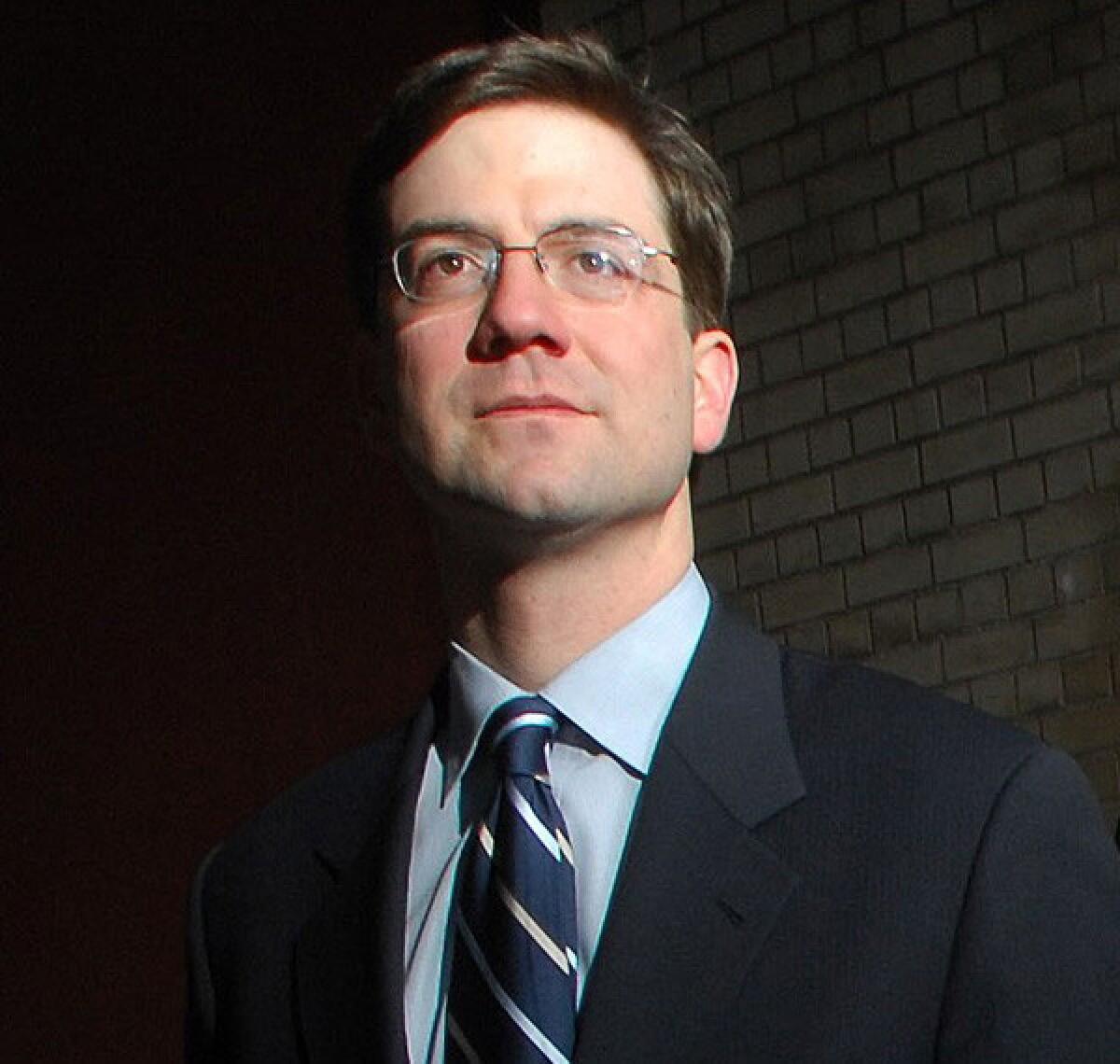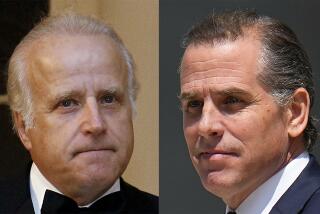Crisis manager leaves White House counsel’s office

WASHINGTON – From Solyndra to Benghazi to the rollout of the Affordable Care Act, Ed Siskel has been the bespectacled, behind-the-scenes lawyer with the forensic assignment – figure out exactly what went wrong so the White House can fix it, explain it and make sure it does not happen again.
After three years in the Office of White House Counsel, one as its deputy, the Chicago-area native has left the job of damage prevention and control to others, and moved on to private practice with a firm in the nation’s capital.
His departure comes as the head of the office, Kathy Ruemmler, is also preparing to leave. The White House is expected to name her replacement soon.
However the new office takes shape, one top advisor to President Obama says he hopes the White House can retain the “Midwestern sensibility” that Siskel brought.
“Ed is somebody who just stays calm, no matter if he’s in the middle of a crazy document request or it’s just a quiet day,” said Denis McDonough, Obama’s chief of staff. “He is just tireless in his determination to get to the ground truth and not be blown off course by partisan investigators.”
Investigations led by House Republicans have filled Siskel’s to-do list since 2011, when he left the Department of Justice and joined Ruemmler at the White House.
It didn’t hurt that he’d been a constitutional law student of Obama’s at the University of Chicago law school with a surname well known in the president’s adopted hometown. His uncle was the film critic Gene Siskel, and his brothers, Jon and Charlie, are documentary filmmakers.
But Ruemmler hired Siskel because she wanted an experienced prosecutor, someone who knew how officials get into trouble and how to avoid – and traverse – minefields.
After a stint clerking for Supreme Court Justice John Paul Stevens, Siskel worked for U.S. Atty. Patrick Fitzgerald in Chicago during the prosecutions of former Illinois governors George Ryan and Rod Blagojevich, and argued the fraud trial of newspaper publisher Conrad Black. In D.C., he worked on criminal justice policy matters at the Department of Justice.
In 2010, after Republicans took over the House of Representatives, Ruemmler knew there would be congressional investigations ahead. She wanted people who could handle an internal investigation, who knew how investigators think and how they question witnesses.
Siskel’s first big task was to handle subpoenas and prep witnesses for the inquiry into Solyndra, a solar panel company that got a government-backed loan but then went bankrupt. As members of Congress explored how the loan was granted, Siskel dug through the evidence and built an argument that the loan went through the regular channels.
Not long after, as an inquiry began into how the administration responded to the terrorist attack on the U.S. mission in Benghazi, Libya, Siskel set to reading all of the email traffic from the days in question.
When an unnamed source described one of the emails to a reporter, triggering news stories about whether the White House had sanitized what happened, Siskel pointed out that the email did not say what the source had claimed it did about Benghazi, helping the White House defuse the controversy.
Over the months, Ruemmler said, Siskel got better at spotting what was “going to be ‘a thing.’”
“The way those battles are won is by having a thorough understanding of the facts,” she said. “Just like he knew what the email said, what the context of it was, why it shouldn’t be interpreted the way it was being interpreted … he had a mastery of the facts.”
After years of intense work, Siskel and Ruemmler are the only two senior staffers still in the counsel’s office. And after six months helping to manage the fallout from the flawed debut of Obamacare’s online federal marketplace for insurance, they’re both ready to move on to more normal lives.
For Siskel, that means going back into private practice, and being around more for his twin sons and his wife, Rebekah Holman, a prosecutor in the U.S. Attorney’s office.
Twitter: @cparsons
More to Read
Start your day right
Sign up for Essential California for news, features and recommendations from the L.A. Times and beyond in your inbox six days a week.
You may occasionally receive promotional content from the Los Angeles Times.







